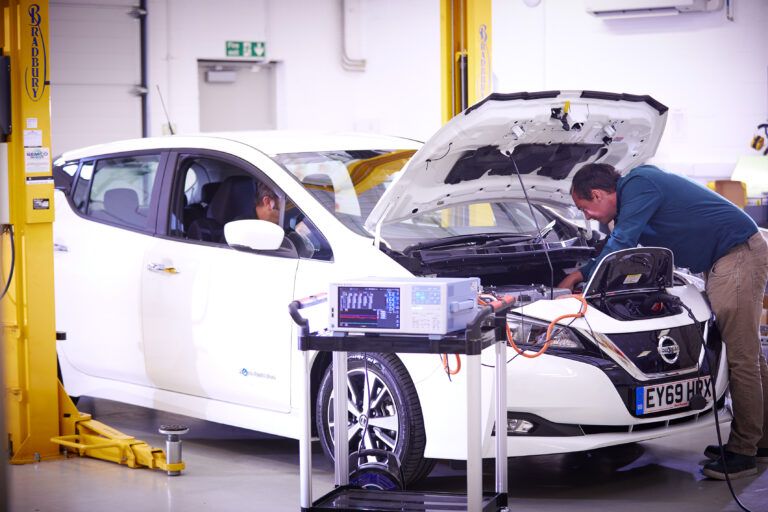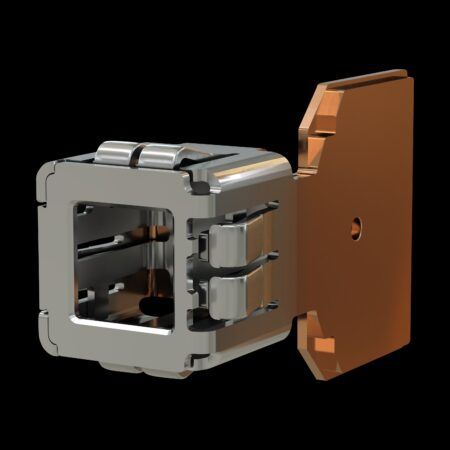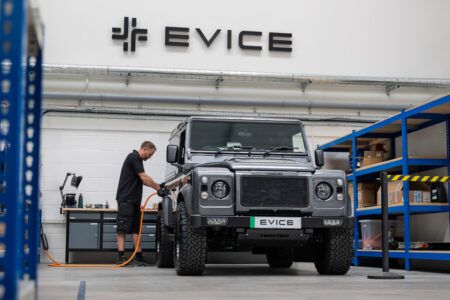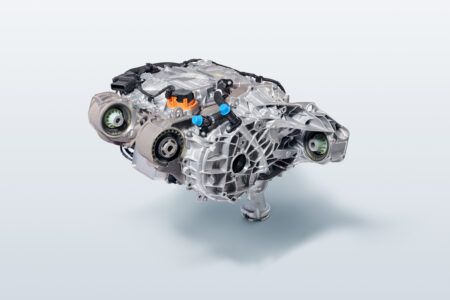Monolith, an artificial intelligence software provider, has partnered with CamMotive, a UK-based e-powertrain testing services company, to develop AI-powered tools for electric vehicle battery testing. The collaboration aims to help engineers detect complex failure behaviors during battery development through enhanced test data validation.
The partnership implements what the companies call a ‘hybrid’ modeling technique for anomaly detection, combining physics-based simulations with machine learning methods to identify issues that traditional rule-based detection systems might miss. CamMotive is providing operational test data to evaluate how these models perform across real-world scenarios.
“Our partnership with CamMotive has the potential to make EV battery development faster and more efficient,” said Dr. Richard Ahlfeld, CEO and founder of Monolith. “Training machine learning models with robust, real-world data is what makes AI truly effective, as it means engineers can find reliable ways to save time, achieve performance gains and reduce costs.”
Bruce Campbell, director of CamMotive, said the partnership would allow the company to improve its battery testing processes significantly. “Monolith’s AI technology allows us to use our state-of-the-art test facility more efficiently while generating higher-quality results,” Campbell said. “The insights we gain through this collaboration will help us detect potential issues earlier, streamline workflows, and enable our engineers to focus on delivering valuable data analysis for our customers.”
The collaboration builds on Monolith’s existing deployments in laboratory environments. CamMotive is exploring the integration of AI tools to reduce reliance on physical testing and streamline workflows, using Monolith’s platform to support earlier fault detection and testing reviews. Meanwhile, CamMotive’s battery data will help enhance Monolith’s battery-model performance.
Monolith’s platform analyzes existing testing datasets to generate predictions that help engineering teams reduce prototype testing programs. The company has set an objective to cut engineers’ product development cycles in half by 2026. Its tools include a Next Test Recommender and an AI-powered Anomaly Detector functionality designed to help engineers develop products more efficiently.
The partnership represents an effort to address efficiency challenges in battery testing, a critical component of electric vehicle development as the automotive industry continues its transition away from internal combustion engines.





